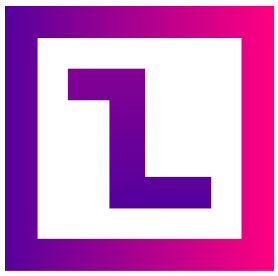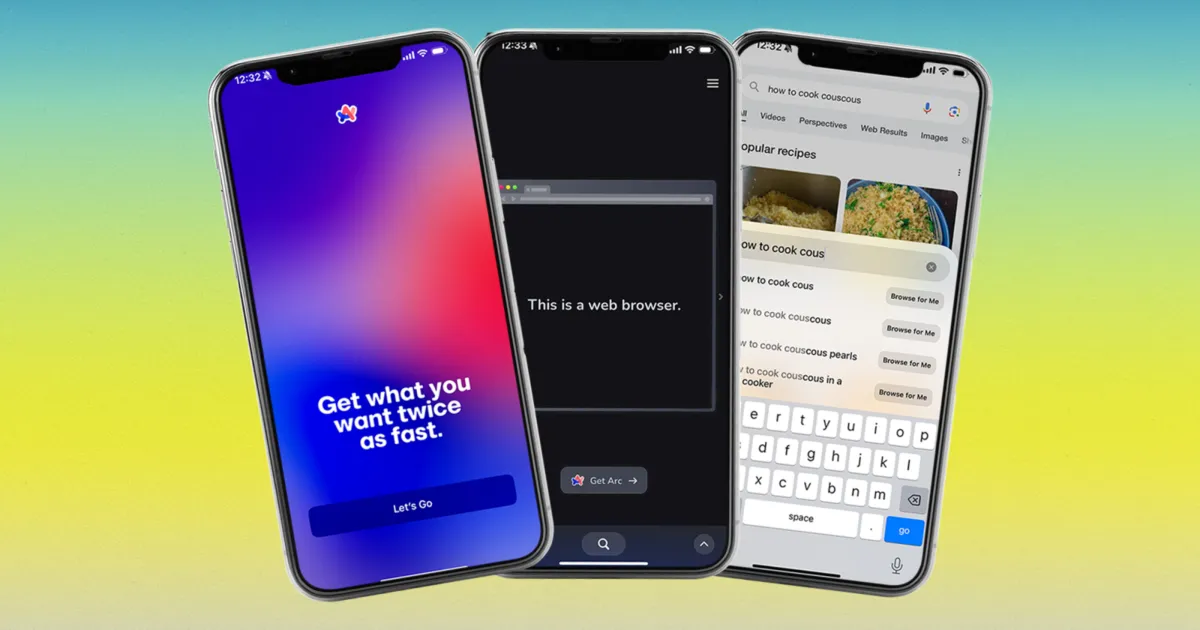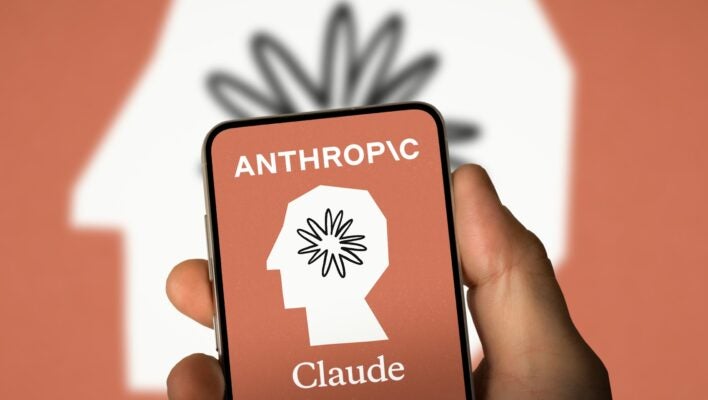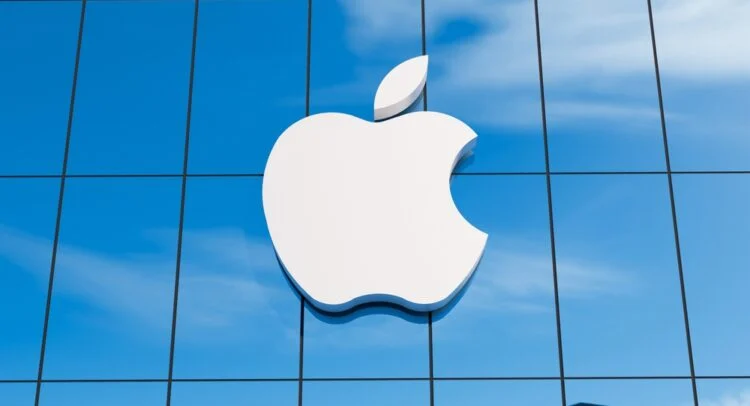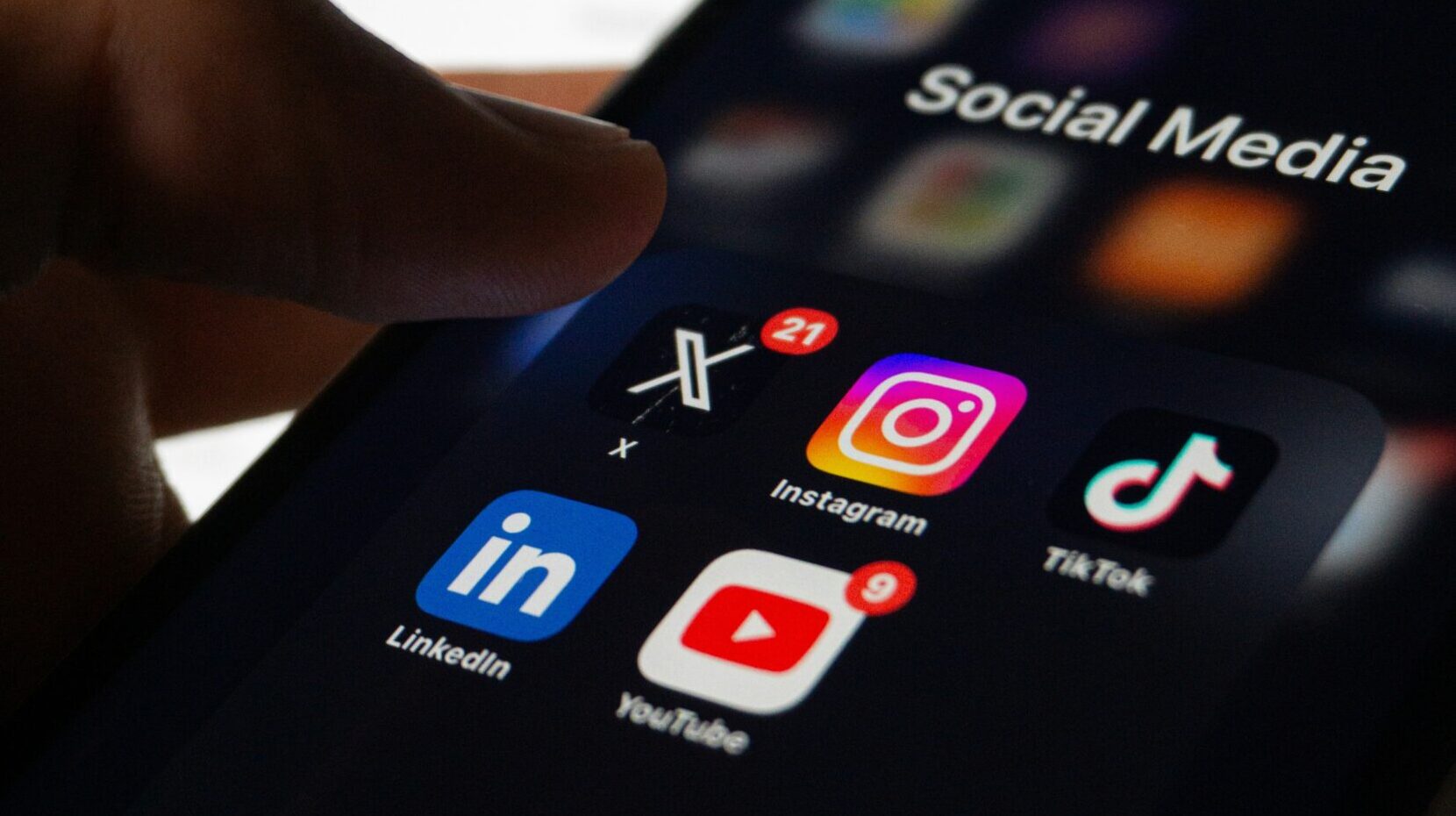
Nepal Shuts Down Social Media Giants Over Registration Clash
Big news out of Nepal that’s got everyone talking: the government just pulled the plug on major social media platforms like Facebook, Instagram, YouTube, and X. Why? Because these tech giants didn’t register with the local authorities as required. The move, announced on September 4, 2025, has sparked a firestorm of debate, with critics crying foul over censorship and press freedom. It’s a bold step, and it’s got folks wondering what’s next for Nepal’s digital scene.
This isn’t just a random crackdown. Nepal’s been pushing for stricter rules on social media for a while now, and this ban comes after a Supreme Court ruling backed the government’s push to regulate online platforms. With over 90% internet penetration in the country, social media is huge—Facebook alone has an 87% share among users. So, yeah, this is a big deal, and it’s hitting everyone from casual scrollers to journalists hard.
Why the Ban Happened
The Nepali government laid down the law with the Social Media Directives 2080, which basically said, “If you’re a foreign social media company, you’ve got to register here and have a local contact.” They gave platforms like Meta, Google, and X a seven-day ultimatum back on August 25 to comply. Most didn’t, despite multiple warnings since November 2023. So, on Thursday, the Ministry of Communication and Information Technology told internet providers to block 26 platforms altogether, including big names like Facebook, Instagram, YouTube, X, and even Reddit and Snapchat.
The government says it’s about accountability and curbing misinformation, pointing to a Supreme Court ruling from August 17 that supported the registration requirement. But not everyone’s buying that. Groups like the Committee to Protect Journalists and the Federation of Nepali Journalists are calling it a blow to free expression, saying it’ll make it tougher for journalists to do their jobs and for people to get news.
Who’s Affected and Who’s Not
Not every platform’s getting the boot. Some, like TikTok and Viber, played by the rules and registered, so they’re still up and running. Telegram and a couple of others are in the process and might dodge the ban soon. But for now, here’s the hit list:
- Blocked Platforms: Facebook, Instagram, YouTube, X, Messenger, WhatsApp, Reddit, Snapchat, LinkedIn, Pinterest, Discord, and more—26 in total.
- Still Operational: TikTok, Viber, Nimbuzz, WeTalk, OpoLive, with Telegram and Global Diary likely to join them soon.
- Uncertain Status: There’s some confusion about whether WhatsApp and Gmail count as social media, so their fate’s still up in the air.
This isn’t Nepal’s first rodeo with social media bans. They temporarily blocked TikTok in 2023 over “social disharmony” concerns, but it came back after ByteDance agreed to register and promote tourism. Seems like Nepal’s trying to flex some muscle to get these tech giants in line.
The Fallout for Users and the Economy
With Facebook being such a juggernaut in Nepal—87% of social media users are on it—this ban’s a gut punch. Small businesses, content creators, and e-commerce sellers who rely on platforms like Instagram and WhatsApp for sales are scrambling. Facebook had just rolled out a monetization program in Nepal, letting creators earn from reels and posts, and now that income stream’s on hold. When TikTok got banned before, one internet provider reportedly lost Rs 600 million in monthly revenue, so this could hit the economy hard.
Users are already looking for workarounds, like VPNs or OpenDNS, which could spike international bandwidth costs. But for journalists and activists, it’s not just about access—it’s about losing a platform for free speech. The Committee to Protect Journalists warned that this sets a “dangerous precedent” for press freedom, and local groups are echoing that concern.
What’s Next for Nepal’s Digital Landscape?
The government’s made it clear this isn’t necessarily permanent. If these platforms register, they could be back online. But for now, it’s a standoff. The Ministry’s secretary, Radhika Aryal, said Meta and others flat-out ignored repeated requests to comply. Meanwhile, the Supreme Court’s ruling didn’t explicitly demand bans, just “appropriate legal arrangements,” so some are questioning if the government’s going too far.
This move comes at a time when Nepal’s digital scene is already a bit of a mess. With high social media use—43.5% of the population’s active online—there’s a real challenge in balancing regulation with freedom. Past bans, like TikTok’s, showed that users will find ways around restrictions, but it’s not ideal for anyone. Plus, there’s the bigger question of whether Nepal’s legal and technical systems can handle this kind of digital crackdown without alienating users or tanking parts of the economy.
For now, it’s a waiting game. Will Meta, Google, and X buckle and register? Or will Nepal double down? Either way, this ban’s a wake-up call about how governments and tech giants navigate power in the digital age. It’s messy, it’s complicated, and it’s definitely worth keeping an eye on.
